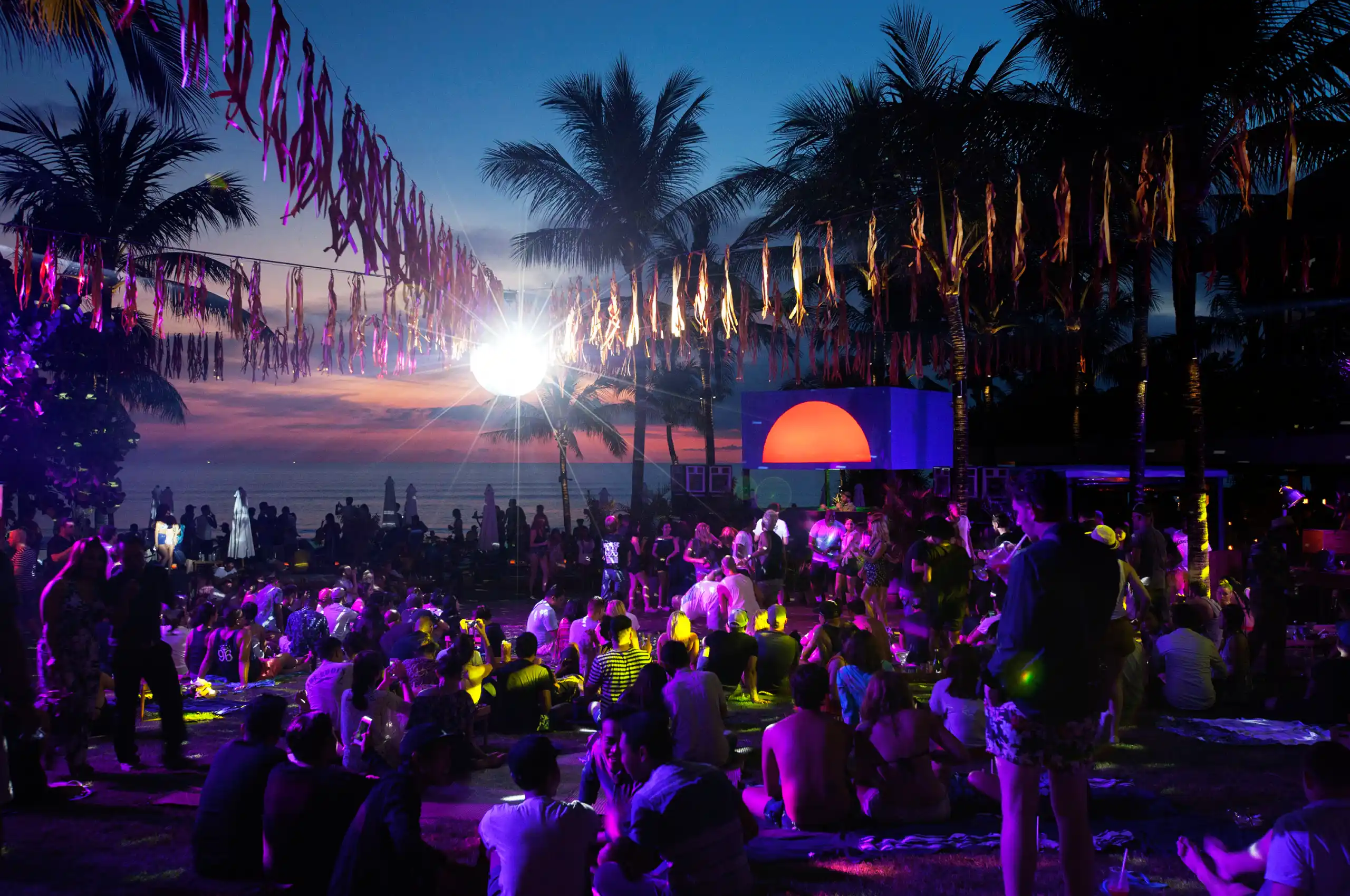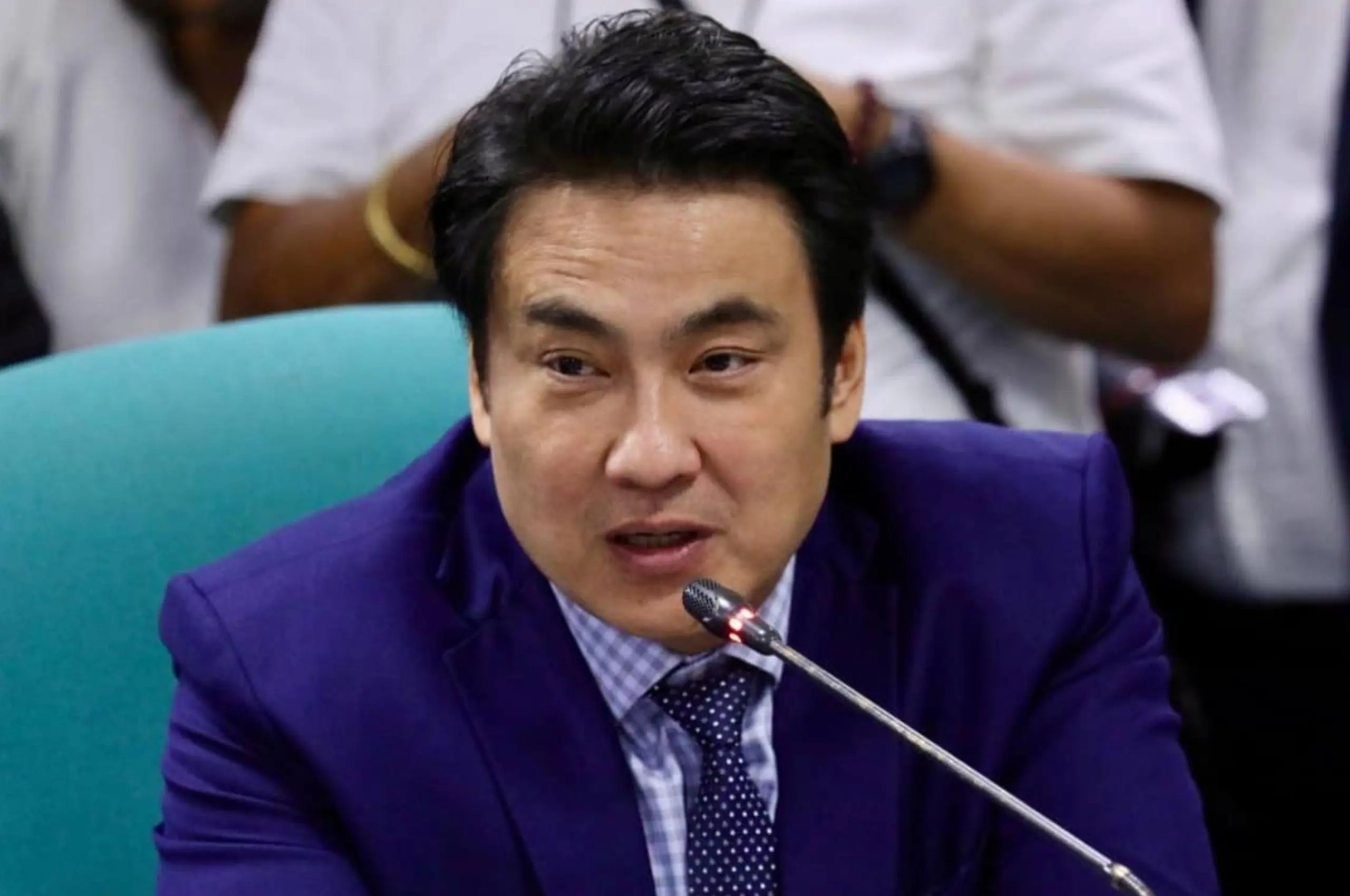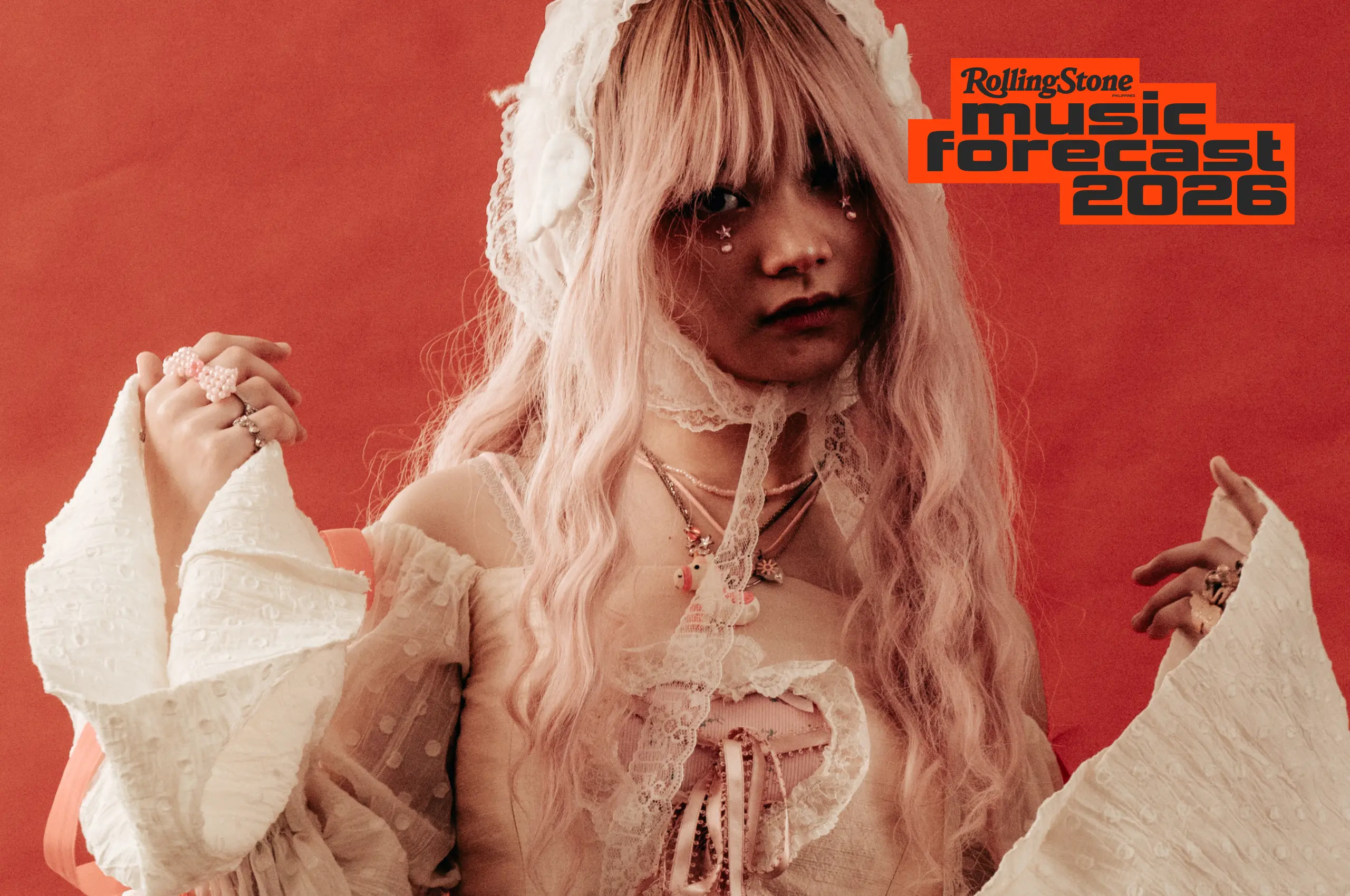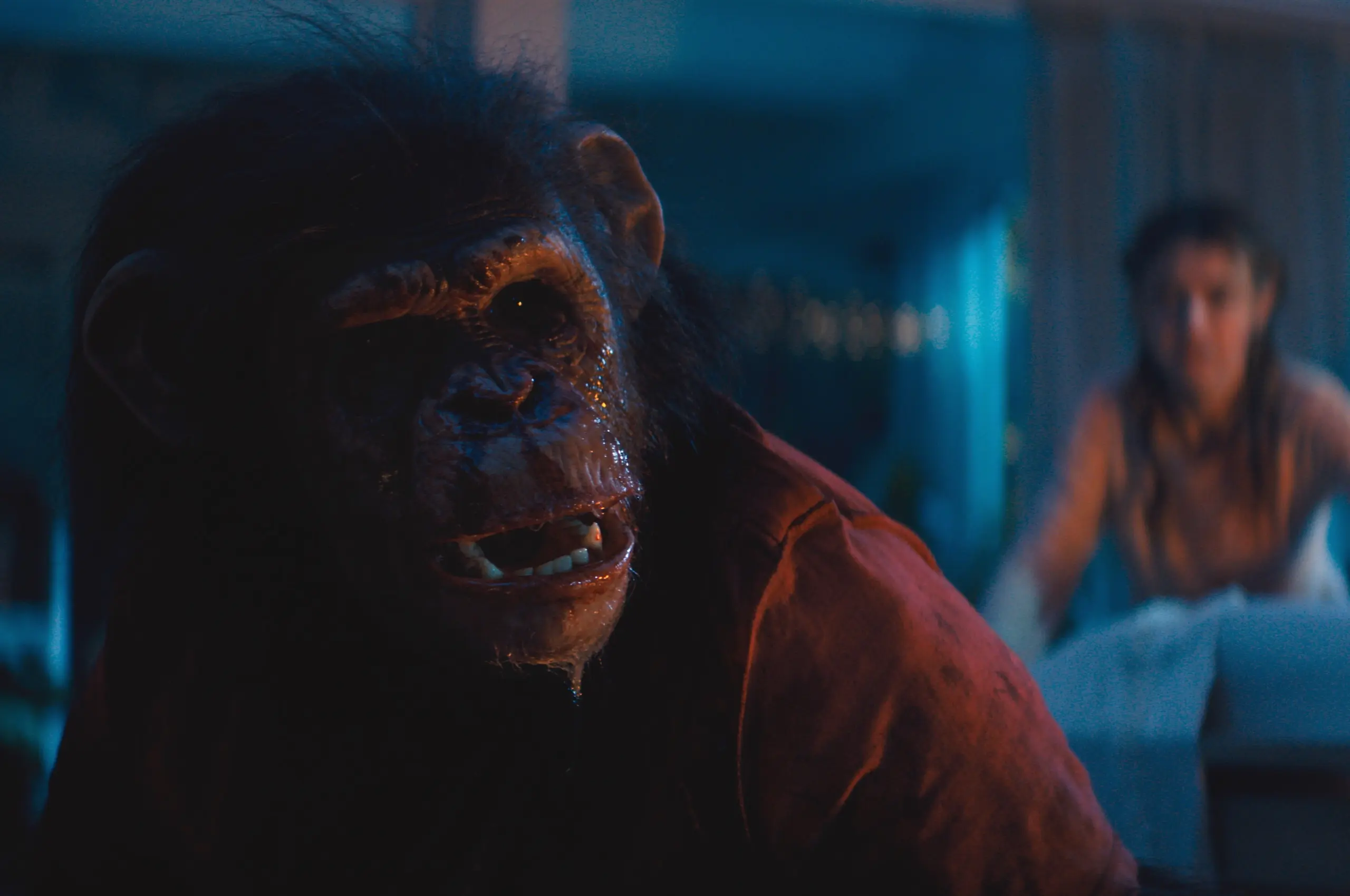From dusk till long after dawn, music pulses through Bali, soundtracking an island that rarely slows down. One of those signals beams out of Desa Potato Head, along Petitenget Beach in Seminyak.
Dubbed one of the World’s 50 Best Hotels, ranking 21st in 2024, Desa Potato Head is more than just a place to stay. Self-described as a “cultural village,” it aims to deliver on its promise of “Good Times, Do Good” — whether through its various in-house concepts spanning art, design, gastronomy, and wellness, or through its commitment to zero-waste, sustainable, and regenerative hospitality.
Music can be heard in every nook and cranny of Potato Head, playing an integral part of its creative ecosystem. For one, there’s Klymax Discotheque, a nightclub co-developed by English house music pioneer DJ Harvey. With performances by DJs from all over the world, including Carl Craig, Jane Fitz, Vegyn, Bar Italia, and more, Klymax is considered a premier nightlife institution in Southeast Asia. The venue boasts a state-of-the-art custom sound system inspired by revered nightlife venues like Studio 54 and Paradise Garage in New York. The venue’s bespoke acoustics help level the frequencies from the front and back of the venue, but also make round-the-clock dancing as effortless and energetic as possible.
Klymax is only one part of the bigger music culture inside Potato Head. In fact, Potato Head first began as a restaurant in Jakarta in 2009, later relocating to Bali with its Beach Club in 2010. In Beach Club, , which is set to celebrate its 15th anniversary this year, guests can lay by Petitenget Beach and dance the night away, while enjoying performances from some of the world’s most acclaimed musicians, which has included Snoop Dogg, Erykah Badu, Grace Jones, and many more. According to its head of music programming Dita Putri Widyanti, who is also known by her DJ name Dita, the DJ offerings in Beach Club are often bright and Balearic-inspired, while Klymax hones in on the wide spectrum that club music has to offer — whether it’s groovy disco and house, or dark techno and electro. Other venues within Potato Head also include Sunset Park, its rooftop bar, the bistro-style restaurant Dome.
Paradise vs. Real Life

Widyanti is also a resident DJ of Potato Head, and her eclectic taste helps create high-impact programming with an ear for intimacy. Widyanti notes that more than 60 percent of their programming is focused on Southeast Asian artists — a deliberate move to promote regional artists in a music landscape that largely patronizes talent bookings from Europe and North America. Bali has long been a destination for party tourists all over the world, but Widyanti’s programming pushes against the notion that nightlife is only about escape.
“[Bali] looks hedonistic, but I think deep down, it’s not,” she tells Rolling Stone Philippines. about the island’s reputation “I think people are hustling, at least the people who live and work here in Bali. The hedonistic part is very surface level.”
For Widyanti, music programming isn’t just about running a playlist. It’s about sculpting space for artists and audiences alike. “I’m always trying to see and understand the communities that are here and how we can cater to them in different ways,” she says, emphasizing how new ways of programming are fostered in hyperlocal settings. “The importance is actually in the smaller-scale community events [where] sounds are even more underground,” she says, pointing to scenes like hip-hop, hyperpop, and gabber as grassroots movements that have proven to be mainstays in Bali’s music community.
But there’s also something noticeably absent. “For a little bit, we kind of lost this club culture in an indoor setting,” she says. “It’s always been outdoors-y here in Bali. What’s missing is a proper place with a good sound system, and where people can enjoy the music and focus on [the space] more than the artist.”
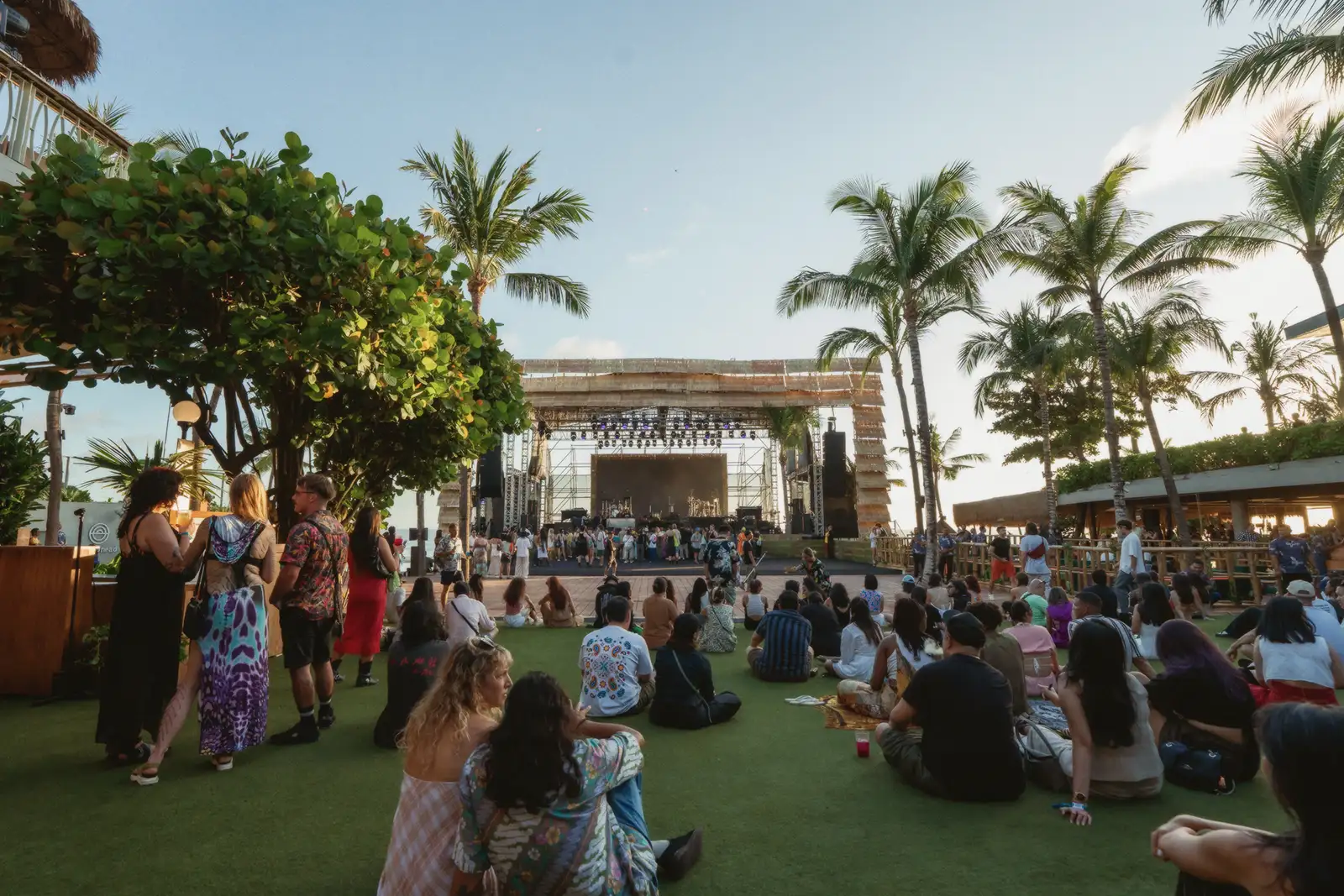
Running its various music venues, Potato Head is constantly responding to Bali’s seasonal flux and its ever-shifting demographics of visitors. European summer festivals tend to pull international acts away from the region, and programming during those periods requires nimble recalibration. Still, even as international tourism shapes the island rhythm, community-centered programming remains the baseline. “How do we connect more deeply with Bali, with Indonesia, and with Southeast Asia as a whole?” Widyanti asks, emphasizing that Potato Head is headstrong in its support for local and regional talent all-year round, even doubling down on bookings with each and every year.
None of this comes without tension. The lifespan of a music venue in Southeast Asia is never guaranteed. Location, weather, regulations, and trends: These factors can shorten the runway for venues that don’t adapt quickly enough, and Widyanti is fully aware of the balancing act. Potato Head’s programming culture is mindful of carefully curating a sound that speaks to Bali’s layered and evolving identity — whether it’s the one shaped by locals, or by the visitors who find global intersections in Bali’s rich traditional culture. Widyanti is aware of the privilege and pressure of shaping a scene that exists somewhere between paradise and real life, but her and her team are doing so with eyes open.
“At the end of the day, running a club is a business,” she says. “But I think it’s important to trust and own your identity. A lot of places rush into trends and lose the uniqueness they started with. Trust the process. Learn how to elevate what you’ve already built. That’s something we should always keep in mind.”

